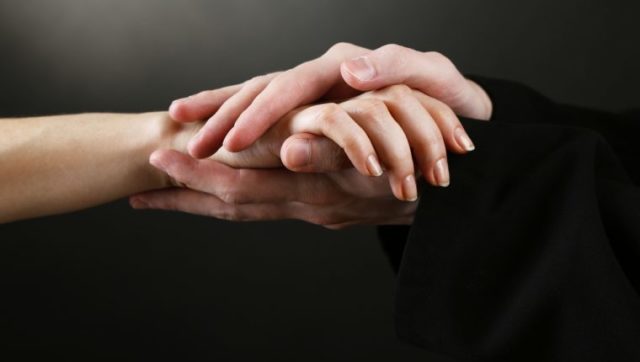
Forgiveness comes from the greek word: Afiemi: Verb that means to let go or liberate. When you forgive someone who caused harm or said something wrong, you literally let go (get free).
Forgiveness is the sincere and loving will to eliminate destructive responses caused by negative thoughts and feelings towards those who have offended or acted bad against us, renouncing above all the desire for revenge.
To forgive would be, to act, that is, to let go. We must understand that it is above all a process, which implies that it takes time. No injury heals overnight, much less if it is an emotional one
What are the benefits of asking for forgiveness?
• The first and most obvious benefit of asking for forgiveness is that, once you do, you recognize that you have done something wrong and that you have hurt another person, freeing yourself from the pressure you have on your conscience to know that you did something wrong, but nowrecognize it.
There are some people who do not ask for forgiveness, because they consider that what they did was not a bad thing. However, those people who know that they did something wrong or even inappropriate, but do not recognize it in front of the other person out of pride, will find great spiritual relief in asking for forgiveness.
The practice of forgiveness has been shown to reduce anger, pain, stress, and depression, and leads to a greater sense of hope, peace, compassion, and self-confidence.
Forgiveness is one of the most complicated values to implement in society. Several religions speak of it, and now even psychology uses it as a therapeutic tool, but it stills remains a mystery.
How to ask for forgiveness?
Step 1: Admit guilt: accepting responsibility for our actions and that they have caused some type of pain or discomfort in another person, is the first step. Even young children are able to see how their misbehavior makes others feel bad.
Step 2: Apologize: It is important to ask for it from the heart. It’s easy to see when it’s an empty apology when you hear it. A real apology is not “I’m sorry I know you’re upset.” A true and genuine apology is one in which you say “I’m sorry, because my bad deed (or words) have caused you harm. I admit that you feel pain because of what I did (or said)”.
Finally, when we forgive someone we do a double action: we apologize to the other for the mistake or offense they committed towards us and, at the same time, we free ourselves from the feeling of rancor. Being able to forgive that person implies, to a certain extent, fixing the relationship with the whole world, leaving the spirit alone, and achieving greater emotional stability.

